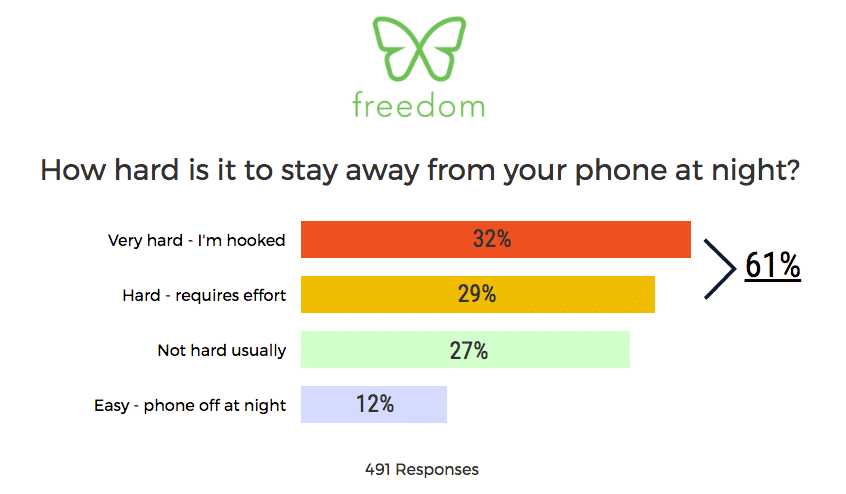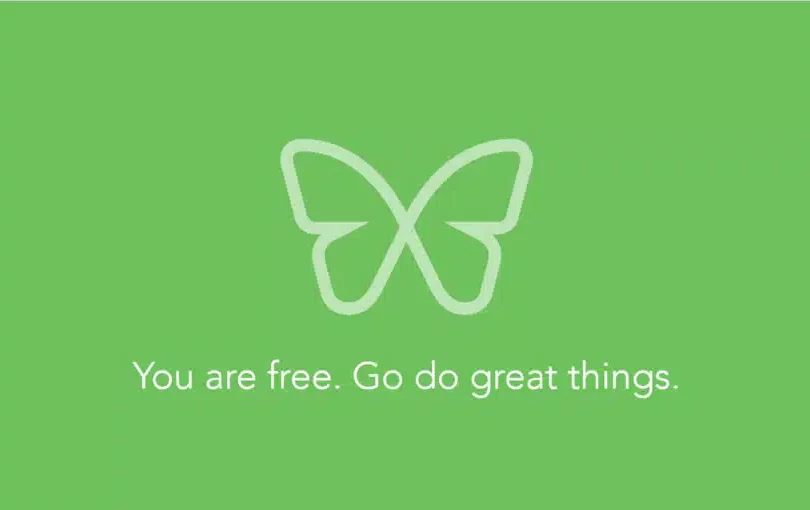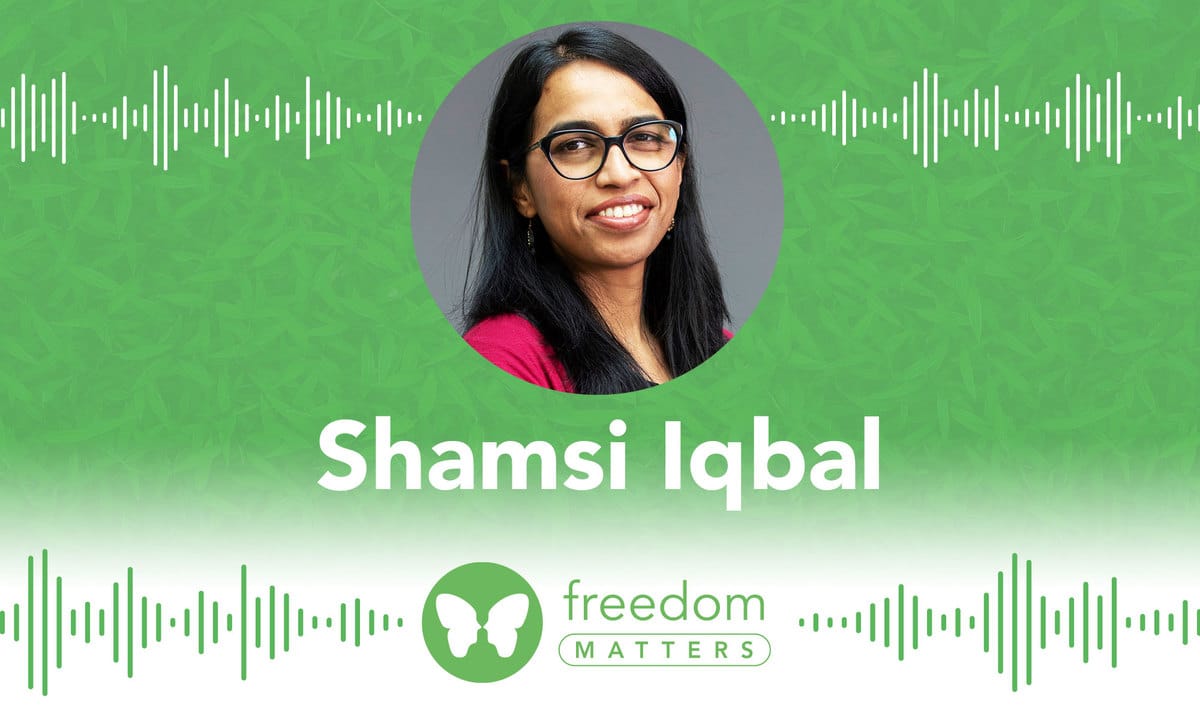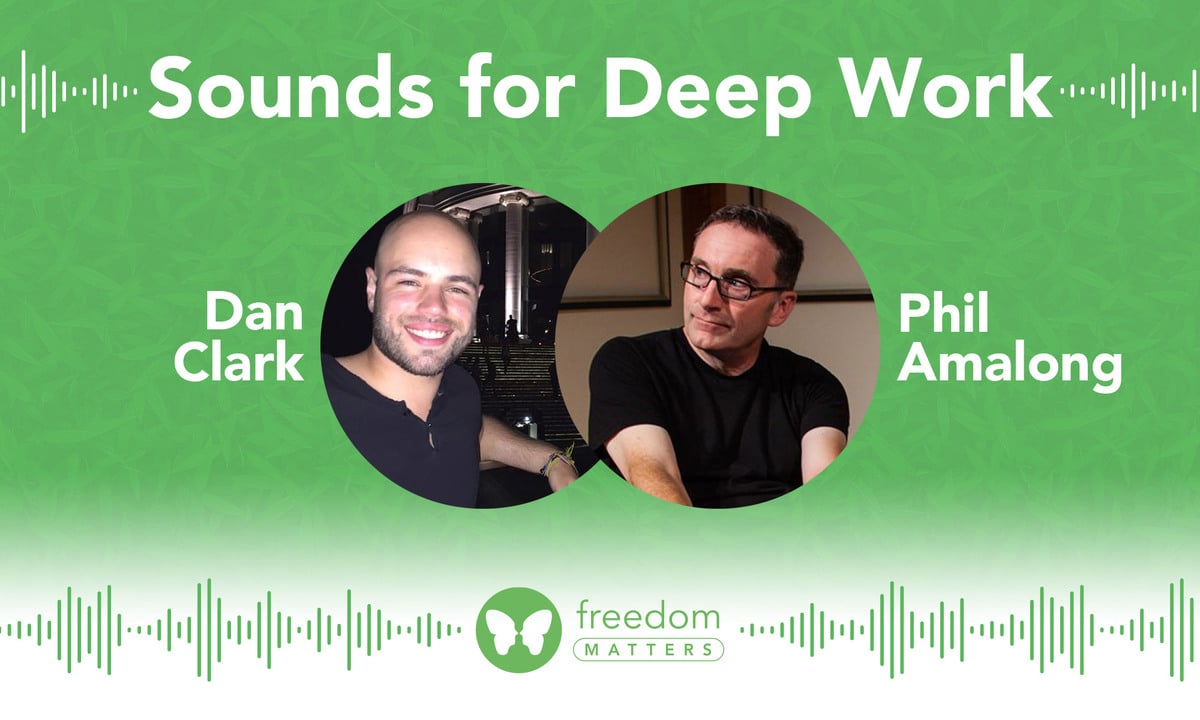Alex Soojung-Kim Pang: Digital Distraction and Rest

Leisure and sleep need as much protection from digital devices as our ability to focus
We usually think of our digital devices and lives distracting us from work, or capturing our attention when we should be concentrating on other things. For critics of digital culture, constantly checking social media at work, or texting while driving, are go-to examples of how technology takes over our lives.
Of course, it’s true that this kind of digital distraction is problematic and when you’re behind the wheel of a car, downright dangerous. The accountant who handed out the wrong envelope at the Oscars appears to have been distracted by a Tweet. Even some airplane and helicopter crashes have been attributed to device-driven distraction; but as people who’ve walked into fountains or off piers have shown, such mishaps can happen even without vehicles.
But a recent survey by Freedom, the makers of the eponymous Internet-blocking software, highlights another problem with digital distraction. 491 people answered the question, “How hard is it to stay away from your phone at night?” 61% of respondents confessed that it was a challenge: 32% said it was “very hard,” and 29% described it as merely “hard.” (Only 12% claimed that staying away from their phones was “easy.”)
The result illustrates that digital distraction isn’t just a problem when people are working or trying to focus; it can be an obstacle to resting well, too.
We don’t pay a lot of attention to rest or think of it as something that we can actually get better at. We live in a culture that treats overwork as a badge of honor, sees rest as a kind of weakness, and assumes that long hours and burnout is the price of success.
But as I explain in my book Rest: Why You Get More Done When You Work Less, a century of research has shown that chronic overwork is terrible for both people and organizations. Science also makes clear that breaks, vacations, and strong work-life boundaries make people better workers. Finally, recent work in neuroscience and psychology shows that apparently unproductive leisure activities (like long walks after hard bouts of work) play a secret role in the lives of some of history’s most creative and prolific people. As I explain, very creative people often set aside plenty of time for what psychologists call “mind-wandering,” a state in which you’re not concentrating on anything in particular, but giving your mind the freedom to explore on its own. (While they sound similar, psychologists have found that there’s a big difference between distraction and mind-wandering.)
What many future Nobel laureates, bestselling authors, and important painters discover is that during those periods of mind-wandering, their creative subconscious will often generate insights and solutions to problems that have eluded their conscious efforts to solve. In other words, what first looks like wasted time is actually very valuable — indeed, valuable enough for them to make practices that support mind-wandering an integral part of their daily routines. And devices get in the way of rest, and ultimately mind-wandering and creativity.
The Freedom survey highlights one reason — they’re hard to put down. But there are others.
We systematically underestimate how much time we interact with our devices. In late 2015, research psychologists at the University of Lancaster installed a smartphone app that precisely measured how much time they spent on interacting with their phones, then compared that figure to the amount of time users estimated they spent. They found that users greatly underestimated the number of times they checked their phones, and the total amount of time they spent interacting with their devices. Most interactions consisted of short, on-and-off bursts lasting a few seconds or a minute, making them easy to underestimate. Users also tended to assume they would just quickly check one thing, but then got diverted or drawn into a conversation or video. As lead author Sally Andrews said, “The fact that we use our phones twice as many times as we think we do indicates that a lot of smartphone use seems to be habitual, automatic behaviors that we have no awareness of.”
That habit of reaching for devices whenever things get a bit dull, or reacting to boredom by checking our mail, makes it harder for us to mind-wander and learn how to practice deliberate rest. When your mind is accustomed to perpetual stimulus, to a constant stream of surfing, scrolling and jumping between tabs and windows and apps (or acquires “the bad habit of mildly enjoying and completely forgetting an infinite series of disconnected ideas,” as psychologist Graham Wallas put it), it’s harder for your mind to be still and unfocus. Those dopamine hits are hard to give up.
Finally, of course, there are only 24 hours in a day. The more time we spend online, the less time we may have to ourselves. The more time we spend seeing what others are doing, the less time we have for our own thoughts.
So how do we deal with this? As I explain in my previous book The Distraction Addiction, one way is to practice something called “contemplative computing.” The basic premise of contemplative computing is that while we can’t — and indeed shouldn’t — abandon digital devices, we can learn to be thoughtful about how we use them, more aware of how they try to use us and develop habits and practices that put us back in control.
This won’t just improve our working lives, or our productivity. It’ll improve our capacity to rest well, too. And resting well improves our work-life balance, our ability to detach from work, and even our creativity. Reclaiming our free time from digital distraction, it turns out, is just as important as restoring our ability to focus on the job.
This week’s post is brought to you by Alex Soojung-Kim Pang. Pang has a Ph.D. in History and Sociology of Science from the University of Pennsylvania, and is currently living in Silicon Valley. He studies people, technology, and the worlds they form. To learn more about Pang or his books, visit his website here.




